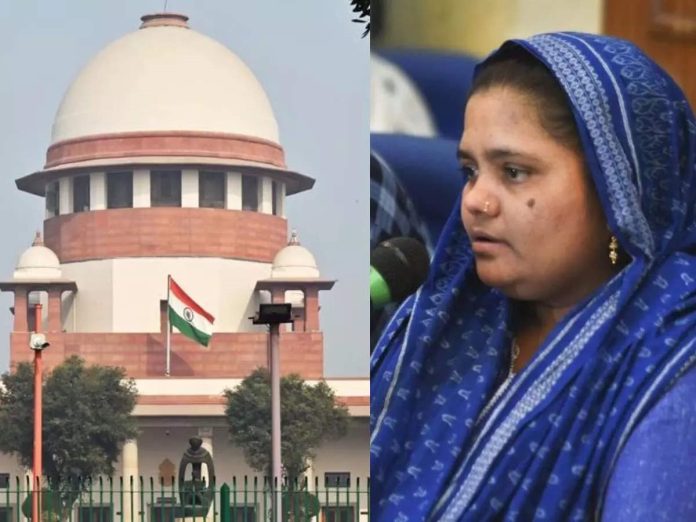- If one aspect that garners unanimous support from the citizens of India is their faith in the Supreme Court as the last resort to not only seek relief about various legal issues but also a belief that justice will not be denied. The Apex Court is considered the most revered institution in the country whose discharge of responsibilities as mandated by the Constitution sets such emulation-worthy benchmark. The common man standing can hope to receive a fair hearing and subsequent relief while approaching the SC is a given fact that cannot be disputed. Yes, every litigation of varied nature cannot be taken to the hallowed portals of the highest court in the country. Thankfully, the SC has never shirked from stepping in when it mattered most.

PC: LiveLaw
- Yes, we are aware that justice delayed is akin to justice being denied. Frustratingly, the Indian judicial system is burdened with a huge backlog of cases and thousands of undertrials are languishing in jails waiting to be heard. Nonetheless, cases requiring attention and ruling of the SC are always considered as is the case with the subject matter. Recently, the SC set aside the remission order of the Gujarat government issued in August 2022, which freed 11 convicts in the Bilkis Banu case. They are to report back to jail within a fortnight. This verdict was decided on a technicality: Gujarat didn’t have jurisdiction to issue the remission order. However, the issues it threw up need unpacking as remissions are often closely linked to political currents.
- Remember, this remission was controversial on account of the horrific nature of the crime that had led to the convicts being given life imprisonment. A petitioner, Bilkis Rasool, was a victim in a case of gang rapes and murders in 2002 during communal riots in Gujarat. The murder victims in the case included eight minors. The sequence of events leading to remission points to its political dimension. CBI investigated this case. Therefore, in 2019, the agency’s opinion was sought on the premature release of the convicts. CBI said there was no case for leniency here. Next year, CBI’s stand was backed by the SP and the DC in Dahod, Gujarat. They too opposed a premature release of the convicts. Then why did the Gujarat government go ahead with the remission?

PC: Telegraph India
- Remarkably, the SC said that remission is a reduction in the sentence without lessening the guilt of the convicts. This is very important. Thus, the basis of conviction remains unchanged. Note that the power to grant remission is with the executive. When the remission came through in 2022, over the initial objection of the investigating bodies, Gujarat was amid an election campaign. Indeed, the SC concluded that the remission granted by Gujarat was illegal. Since the trial of the Bilkis Banu case had been transferred to Maharashtra, Gujarat was not the appropriate government to decide on remission. Remission should not be guided by political convenience. As such, dubious remissions should not be encouraged by the states. The SC has shown the way.






